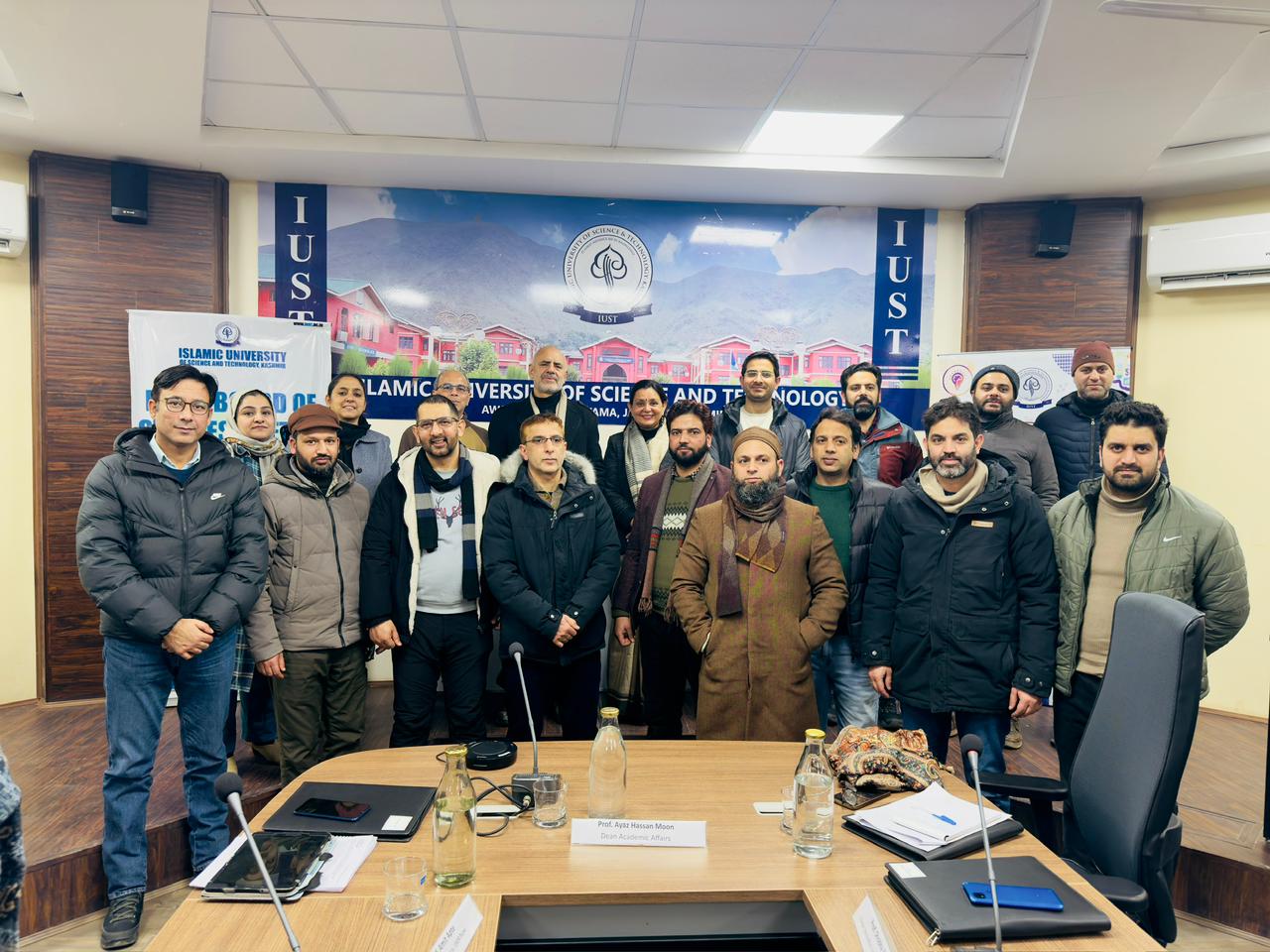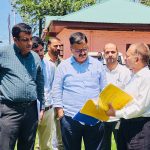Agriculture has defined the cultural and civilizational moorings of India from ancient times. All day to day practices from food habits to worship are guided by climatic conditions prevalent in different parts of the nation. It has shaped the myriad of cultures and rituals performed by people of different ethnicities. No religious celebration is complete without the offering of food and delicacies. The reason being that majority of the people in India sustain their life through agriculture and the allied sectors. That includes horticulture, sericulture, floriculture and series of other segments that are derived from agriculture. Thus giving India a distinction to define its economy in terms of agricultural priorities.
To act as the driver of national growth and innovation Government of India has taken agricultural development to the next level. It has strategized to do capacity building in agriculture by paving the way for transformation of agriculture to agribusiness. The aim being the creation of sustainable agricultural development model. This has led to the implementation of the Rashtriya Krishi Vikas Yojna (RKVY)-Remunerative Approaches for Agriculture and Allied Sector Rejuvenation (RKVY-RAFTAAR).It is a comprehensive national effort to develop an ecosystem that takes agriculture to the level of sustainability by allowing the agricultural innovators to think beyond the obvious.
It encourages the agriprenuership by nurturing the incubation ecosystem with the sustained financial support. It opens the scope for thinking out of the box to design new agricultural technologies that can enhance the agricultural produce. Not only that it opens the new horizons to engineer and re-engineer the agricultural supply chain and value chain. The thrust behind this policy is to inject value addition by catalysing the innovative ideas of intangible nature to the path breaking tangible agricultural products. The incubation facilities provided under this scheme include the convergence of academic, technical, management, research and development institutions to establish RKVY-RAFTAAR Agri-Business Incubators (R-ABI’s) across the country. The best part about this flagship scheme is that it invites the ideas from both agriculturalists and non-agriculturalists. But the innovations must be agriculture oriented having ingredients of value addition, It is a unique vision that makes the people to contribute towards the sustainable agriculture guided by best brains in the country.
Role of SKUAST-Jammu
To sensitise the agricultural innovators with the benefits of RKVY-RAFTAAR Sher –e- Kashmir University of Agricultural Sciences and Technology (SKUAST)-Jammu has established the Agri-Business Incubator –A unit of Division of Agricultural Economics and Agri-Business Management (ABM).It was set up in 2019 under the RKVY-RAFTAAR project of Ministry of Agriculture and Farmers Welfare, Government of India. It is one of the R-ABI’s set up nationwide to nurture agri-business start-ups and agriprenuership by enhancing the agri-business skills and knowledge .It sustains the innovation for capacity building in agriprenuership by providing the requisite training and grant-in-aid for the innovative minds .This is encouraged by two programs-UDGAM (Agriprenuership Orientation Programme having grant-in-aid scope upto Rs. 5 lakhs) and PRAGATI (Seed Stage Funding programme having grant-in-aid scope upto Rs. 25 lakhs).So far Agri Business Incubator(ABI),SKUAST-Jammu has incubated 68 start ups under these two training programs. Six batches are already out. Out of these 21 start ups have been granted aid. The two months comprehensive agri-entreprenurship programme develops these innovative minds into market oriented game changers. They are trained to emerge as independent employers who create the critical mass for agri-business ecosystem to pave the way from radical shift from the traditional business modes. This training programme includes the sensitisation and mentorship to equip the innovators for the business world and carve a niche for themselves. The patronisation offered by the ABI-SKUAST-Jammu encompasses the grooming of these innovators into business players who can develop brands out of their innovative products and indulge in product diversification besides the value addition at multiple stages of product processing. This Incubator is the first of its kind in Jammu and Kashmir meant to catalyse the multiplier effect of agri-business in the union territory by infusing a sense of confidence and conviction for the emerging professionals having a multi-disciplinary approach.
Success Stories
The agri-business capacity building engineered by SKUAST-Jammu under this flagship initiative of Government of India has gained greater currency in various industry oriented events. It includes the participation of the ABI-SKUAST-Jammu start-ups in the event organised by Industrial Fraternity of Jammu at Radisson Hotel in 2022.Start-ups developed by the ABI-SKUAST-J were felicitated by Dr. Jitendra Singh, Union Minister of State (Independent Charge) for the Ministry of Science & Technology and Minister of state (Independent Charge) Ministry of Earth Science and Minister of State for Prime Minister’s Office; Personnel, Public Grievance and Pensions; Department of Atomic Energy and Department of Space.
Hon’ble Prime Minister, Sh.Narendra Modi visited Palli village of Samba district, J&K in 2022 for the celebration of National Panchayati Raj Day and interacted with a start-up developed by ABI, SKUAST-Jammu. He lauded his innovative agri-business product. Picture of the start-up was uploaded by the Prime Minister from his official Twitter account (Now known as X)
The aim of this national project is to identify the innovators from across the length and breadth of the nation and train them to contribute in the national economic well-being by aiming at the Viksit Bharat and having a thrust on Make in India. The self-dependence not only in terms of products and consumerism but self-dependence in terms of innovations is the prime driver of this policy. It inculcates in the youth a sense of achievement by shedding the inertia of failure. This programme incorporates all the features of the best practices adopted in business management all over the globe. So that the innovators are not required to pass through the traditional process of the academic structure. It is an amalgam of business studies, economy, market strategies, consumer behaviour and the insight into the emerging world order. The changing national outlook that started during the Amrit Kaal has taken the new path of national development in which nation is stipulated to enter a new era in the comity of nations. India is making its presence in the global order as the economic giant that will shape the human progress with the Indian model of inclusive growth. That focuses on food for all and hunger for none that is rooted in Indian civilizational tradition of Vasudeva Kutumbakam.
Vision and Mission Ahead
RKVY-RAFTAAR has all the ingredients that define the new markets. It looks beyond the globalisation and liberalisation. The fragile economic world order that experiences strains with minimal disruption of the supply chain has adverse impact on all economies. Markets are guided by co-creation and intangible marketing practices where online support on social media can be a game changer. This scenario has gained currency after the COVID. Discovery of new markets is posing a formidable challenge to global brands. But it has led to the upsurge in the market value of the products that are based in rural areas having no capitalist stimulus. As the local producers and innovators were able to bypass the middlemen and maximise the profits due to pandemic. It has led the emergence of new product market model.it is independent of traditional supply chain. If you have a product and the raw material is locally available then you can go miles in launching that into marketing orbit. This is just one aspect. There are multiple opportunities that have been factored in by the business strategists to decode the new markets.
RKVY-RAFTAAR chips in here to nurture these innovators and polish them into new age technocrats who can create new economic order independent of archaic business models. It walks upto the innovator and allows the value addition by mentoring at all levels of funding. Besides it generates the micro ecosystem at the grass root level that redefines the commercial space for these start-ups. Agri Business Incubator (ABI) at Division of Agricultural Economics and Agri-Business Management (ABM),SKUAST-Jammu is emerging as the socio-economic game changer proving funding and mentoring from top notch technocrats who are trendsetters at national and international level. These experts have years of experience in start-up development and primary research. Not only innovators from Jammu and Kashmir but from various parts of the country are getting benefited from this project and contributing to the development of new resurgent economic model for the entire nation. It will pave the way for “Naya Jammu and Kashmir” that envisions a self-dependent agri- entrepreneurs who will lead Jammu and Kashmir into an era of socio-economic boom.
Transformation from traditional agricultural practices to an era of value addition guided by agri-business is the buzz word. It will not only diversify business interests of innovators but will allow the farmers to be beneficiaries of the technologies that are first of its kind. In simple words it the defining moment for the transition from agriculture to agri-business.It is Nurturing Young Agribusiness Professionals for Evergreen Growth.
*(Writer is the CEO/PI of Agri Business Incubator, SKUAST, Jammu, Professor and Head, Division of Agricultural Economics & Agri-Business Management, SKUAST, Main Campus, Chatha, Jammu)








